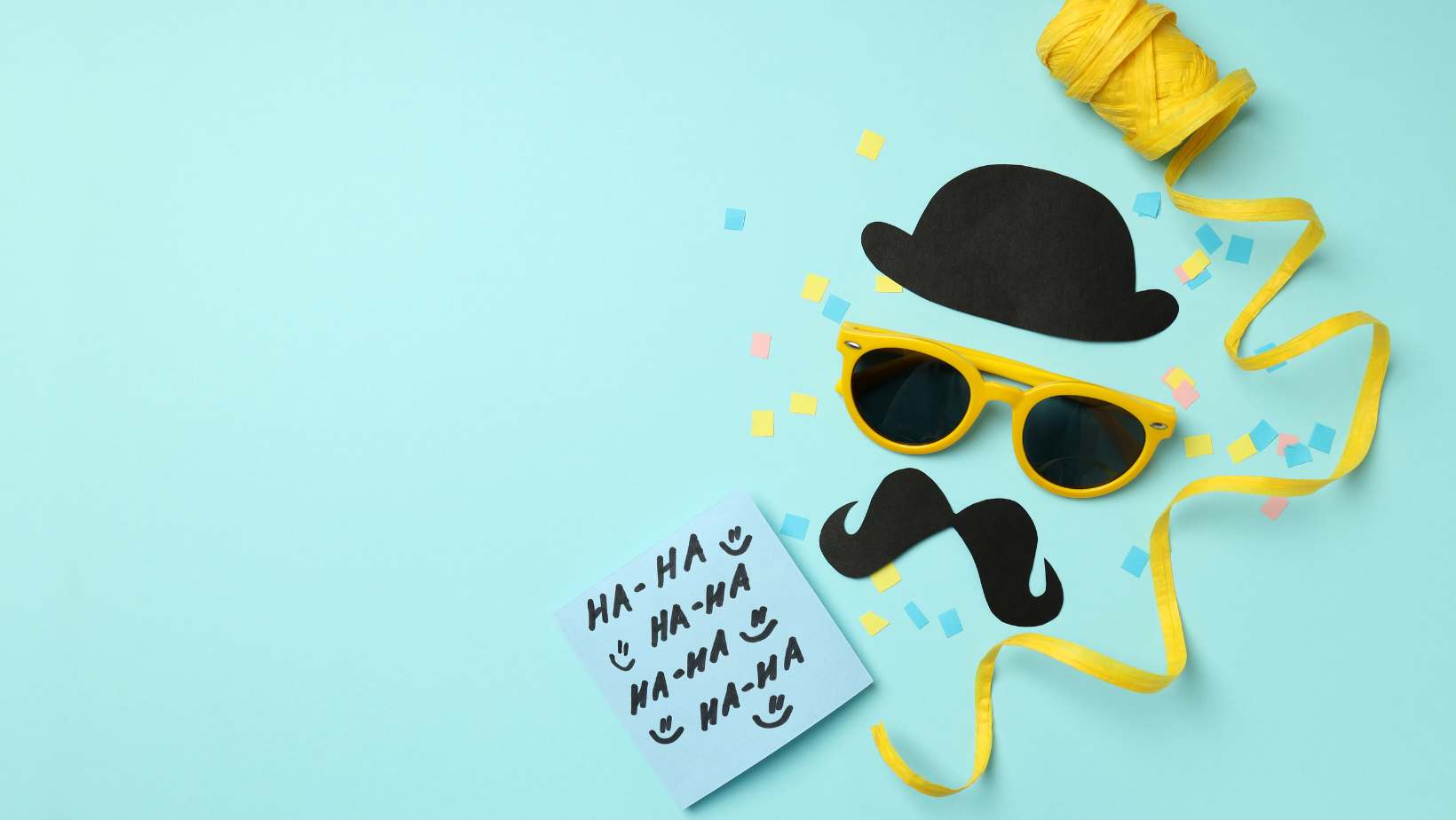On August 11, the United States celebrates Presidential Joke Day, a lighthearted observance that highlights the humorous side of the highest office in the land. This unique holiday reminds us that even the leaders of the free world have a funny bone, showcasing both intentional witticisms and unintentional gaffes from past and present commanders-in-chief.
The Origins of Presidential Joke Day
Presidential Joke Day traces its roots back to a memorable incident involving President Ronald Reagan on August 11, 1984. During a soundcheck for his weekly Saturday evening radio address on National Public Radio (NPR), Reagan quipped, “My fellow Americans, I’m pleased to tell you today that I’ve signed legislation that will outlaw Russia forever. We begin bombing in five minutes.”
Unbeknownst to the president, the microphone was live, and his off-the-cuff remark was inadvertently broadcast. While major networks had generally kept such pre-broadcast comments private since 1982, this particular feed was leaked to the public. The joke quickly made headlines, appearing on the front page of “The London Standard” and eventually airing on CBS’s Monday evening report.
The incident sparked diverse reactions. Reagan’s supporters found it amusing, while his critics and the Soviet Union were less amused. Reports suggested that the Soviet military was briefly put on high alert upon hearing the broadcast. Once it became clear that the statement was indeed a joke, Soviet officials labeled it “monstrous.”
The American public, however, largely embraced the humor of the situation. To commemorate Reagan’s gaffe and celebrate the lighter side of the presidency, August 11 was unofficially designated as National Presidential Joke Day.
A History of Presidential Humor
While Reagan’s joke may have inspired the holiday, he is far from the only president known for his sense of humor. Throughout American history, many presidents have been recognized for their wit and comedic timing:
George Washington
America’s first president was known for his dry wit, often displayed in his personal correspondence. His sense of humor is perhaps best exemplified by the names he chose for his dogs: Tipsy, Mopsey, Ragman, Truelove, and Vulcan. Even during the darkest days of the Revolutionary War, Washington’s letters were often peppered with humorous quips and jokes.
Abraham Lincoln
The 16th president was renowned for his storytelling abilities and quick wit. Lincoln’s humor was so well-known that his political opponents even wrote a song about it titled “Hey! Uncle Abe, Are You Joking Yet?” Lincoln often used humor to diffuse tense situations and connect with the public during the trying times of the Civil War.
John F. Kennedy
Known for his charm and charisma, Kennedy often employed self-deprecating humor and witty remarks in his speeches and press conferences. One of his most famous quips addressed the reputation of politicians: “Mothers all want their sons to grow up to be president, but they don’t want them to become politicians in the process.”
Barack Obama
More recently, President Obama gained a reputation for his deadpan delivery and comedic timing, particularly at events like the annual White House Correspondents’ Dinner. Obama once joked that he saved his worst material for the Presidential Turkey Pardoning Ceremony, delivering what he called a “corny-copia of dad jokes about turkeys.”
The Importance of Presidential Humor
While Presidential Joke Day is a fun and lighthearted observance, it also serves several important functions:
1. Humanizing Leaders
Humor helps to humanize presidents, making them more relatable to the general public. It reminds us that even the most powerful individuals have a lighter side.
2. Stress Relief
The ability to find humor, even in difficult situations, can be a valuable coping mechanism. Presidents who can laugh at themselves or find levity in challenging circumstances often inspire the public to do the same.
3. Communication Tool
Many presidents have used humor as an effective communication tool, breaking the ice in tense situations, deflecting criticism, or making complex issues more accessible to the public.
4. Historical Insight
The jokes and humorous anecdotes associated with various presidents often provide unique insights into their personalities, the challenges they faced, and the cultural context of their time in office.
Celebrating Presidential Joke Day
There are many ways to observe Presidential Joke Day:
1. Explore Presidential Humor
Take time to research and enjoy famous jokes, quips, and funny moments from U.S. presidents throughout history. Many compilations and video montages are available online.
2. Watch Political Comedies
Enjoy films or TV shows that humorously depict the American presidency, such as “Veep,” “The American President,” or “Dave.”
3. Share Your Favorite Presidential Jokes
Use social media to share your favorite presidential jokes or funny moments, using the hashtag #PresidentialJokeDay.
4. Discuss the Role of Humor in Politics
Engage in conversations about the importance of humor in political discourse and leadership.
Conclusion
Presidential Joke Day serves as a reminder that even in the serious world of politics and governance, there’s always room for a good laugh. As we celebrate this uniquely American holiday, we not only enjoy the humor of our nation’s leaders but also reflect on the important role that wit and levity play in effective leadership and public discourse. So on August 11, take a moment to appreciate the funnier side of the presidency – after all, laughter is truly bipartisan.
